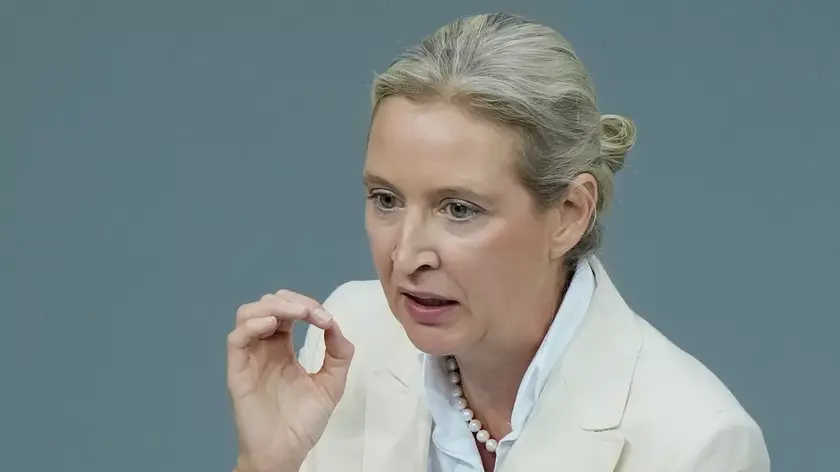T4K3.news
AfD leads in Germany after new poll
A new survey places the AfD as the largest opposition in the Bundestag, with broad implications for Germany and Europe.

Populist parties gain ground in major European democracies, including Germany and Britain.
AfD leads in Germany as populist wave reshapes Europe
A new survey shows the AfD climbing since February’s federal election and now being the largest opposition party in Germany’s Bundestag. The party has built on its best-ever vote share from February, and remains a focal point for debate over migration and economic policy. While conservative forces like the Christian Democrats maintain a lead in some polls, the AfD’s rise is clear and its position in the parliament is unambiguous.
In Britain, Nigel Farage’s Reform UK also tops polls amid broad public dissatisfaction with Prime Minister Keir Starmer’s Labour government. Within Germany, CDU leader Friedrich Merz faces growing discontent at home, with 67 percent of Germans saying they are not happy with his performance after about 100 days in office. The next German federal election is scheduled for 2029, a timeline that could shape how parties respond to this shift in public sentiment.
Key Takeaways
"The AfD is the largest opposition party in Germany's Bundestag."
Directly stated in the article as the party's current status.
"Germany's voters are signaling a turning point for mainstream politics."
Editorial take on the broader implications for established parties.
"Weidel's leadership marks a turning point for the party."
Commentary on the party's strategic direction.
"Discontent with national leadership is shaping voters' choices."
Emotional read on public mood influencing votes.
The data points to a Europe-wide realignment where voters drift away from traditional blocs and toward populist messages. In Germany, the AfD’s status as the largest opposition party complicates the governing arithmetic for mainstream parties and could push policy toward tougher migration and security stances. Yet the broader political climate remains unsettled: dissatisfaction with Merz’s leadership may create openings for coalition partners to recalibrate priorities before 2029.
This trend also tests how democracies balance dissent with constitutional boundaries and social cohesion. While polls capture a moment, the real test will be whether mainstream parties craft credible alternative plans that address voters’ everyday concerns without legitimizing extremist options. The cross-border resonance of these shifts underscores how domestic politics can ripple through Europe’s unity and security debates.
Highlights
- Voters are signaling a shift that parties cannot ignore
- Discontent with leadership is rewriting political maps
- Europe watches a new wave redefine opposition
- Populism tests the limits of the German consensus
Political sensitivity risk
The piece discusses real political parties, potential policy shifts, and public reaction to a rising extremist party. It could provoke political backlash or controversy among readers and stakeholders.
Voter sentiment can change quickly, but the questions that matter now are policy credibility and democratic resilience.
Enjoyed this? Let your friends know!
Related News

Protesters disrupt Alice Weidel's live interview

Israel mobilizes reservists for Gaza City push

Mamdani leads Cuomo in NYC poll

Top judge's appointment stalled in Germany's political crisis

Texas leads in 2025 predictions

New marine reptile species discovered in Germany

Coaches Poll releases 2025 preseason top 25 rankings

Stock markets fall sharply after Trump tariff announcement
